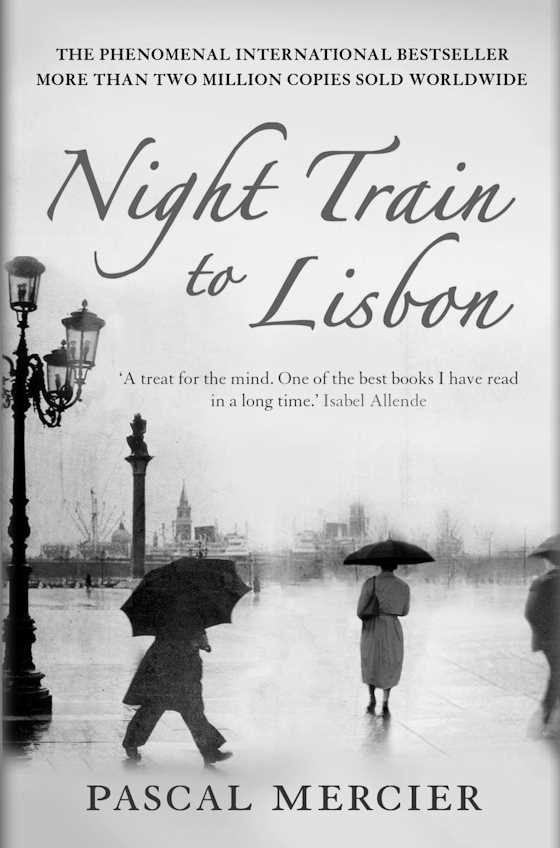 As someone who totally enjoys philosophy Huxley style, i found this book absolutely wonderful and incredibly thought provoking.
As someone who totally enjoys philosophy Huxley style, i found this book absolutely wonderful and incredibly thought provoking.
I really do love good philosophers who are able to place deep philosophical discourse into novels that can either be read just as stories and/or as works of philosophy. Aldous Huxley was a master at this after becoming annoyed that only academia would ever read his philosophy papers and went in search of a much broader demographic — which Huxley certainly achieved. Peter Bieri, AKA Pascal Mercier, while not having written as much as Huxley, certainly matches him, IMHO, for depth of thinking and skill of writing.
What i really enjoy about the philosophical novel is that, to my mind, it frees up the thinking of the philosopher to say much, much more than if they were simply writing an academic paper. In a novel the philosopher can ascribe thoughts and ideas to fictional characters and not then have to carry any burden for holding such a view point themselves, whether they do or not, they can simply blame it upon the character and distance themselves from it entirely; while in academic philosophy what is written is pretty much always blamed on the philosopher. History is littered with examples of people punished, tortured and/or killed simply for writing or saying the wrong thing, and has shown that philosophers are more than willing to whore themselves to whatever views the ruling classes, peers and/or academia hold at the time. You only have to go to universities where future philosophers are trained to write what their professors want else they don’t get their degrees.
The philosophical novel, therefore, can be far more honest and express a much broader scope of ideas than any academic paper.
Anyways, get your thinking cap on if you want to read this one. It’ll certainly get the neurons fired up.

Pascal’s Page
